Introduction
Endurance athletes, like marathon runners and cyclists, need proper nutrition to power through long workouts and recover strong. This guide shares practical Nutrition Tips for Endurance Athletes to help you perform at your best and tackle fitness challenges with energy and confidence.
Why Nutrition Matters
Your body is like a car—it needs the right fuel to keep going. For endurance athletes, eating well means more energy, faster recovery, and better focus. Whether you’re training for 5K races or summer fitness challenges involving 5K runs, good nutrition keeps you on track.
What Your Body Needs
Endurance activities demand a mix of nutrients. Here’s what to focus on:
- Carbohydrates: Your main energy source. Think oatmeal, pasta, or sweet potatoes.
- Proteins: Repair muscles after tough sessions. Chicken, eggs, or beans work great.
- Fats: Give you long-lasting energy. Try nuts or avocado.
You also need vitamins and minerals. Iron helps carry oxygen in your blood, and calcium keeps your bones strong. Eating colorful fruits and veggies every day covers these bases easily.
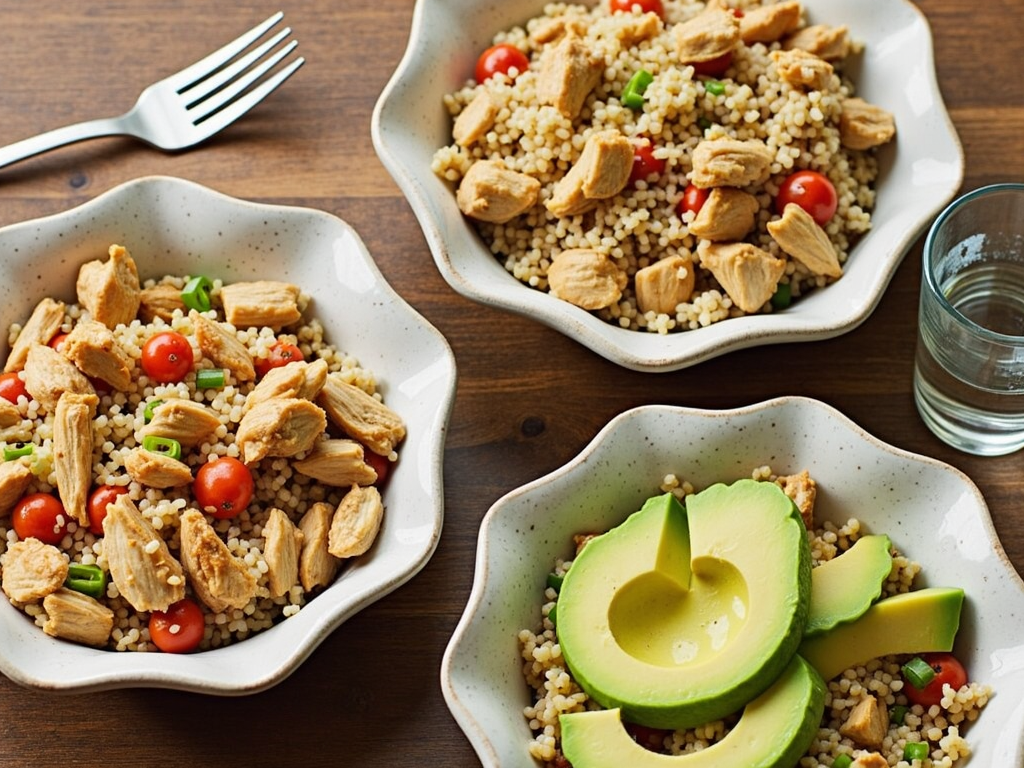
Daily Nutrient Goals
Here’s a simple breakdown for a 150-pound athlete:
| Nutrient | Amount per Day | Food Examples |
|---|---|---|
| Carbs | 340-475g | Rice, bread, fruit |
| Protein | 82-95g | Fish, yogurt, tofu |
| Fats | 65-85g | Olive oil, almonds |
Hydration Is Key
Water keeps you going when you sweat a lot. Dehydration can slow you down or even make you feel sick. Drink water all day, not just when you’re exercising. For long workouts, add sports drinks to replace salt and other minerals you lose.
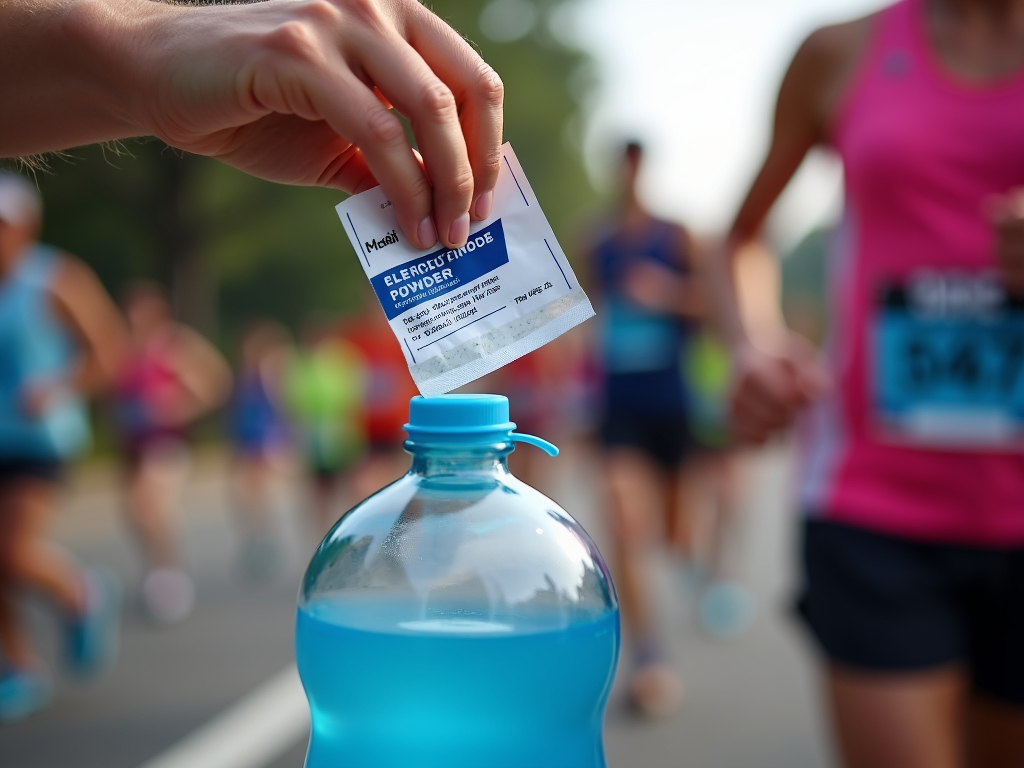
Hydration Tips
- Sip 16 ounces of water two hours before you start.
- Drink 5-10 ounces every 20 minutes during exercise.
- After, weigh yourself to see how much fluid you lost and drink extra to catch up.
Eating Before You Train
A good pre-workout meal sets you up for success. Eat carbs with a little protein about 2-3 hours before. Something like toast with peanut butter and a banana gives you energy without weighing you down.

If you’re rushed, grab a quick snack 30 minutes before—like a handful of raisins or an apple. Keep it simple so your stomach stays happy.
Fueling During the Action
For workouts over an hour, you need to eat on the go. Aim for 30-60 grams of carbs per hour. Energy gels, a sports drink, or even a few dried apricots can keep your energy steady during 5K races or longer events.
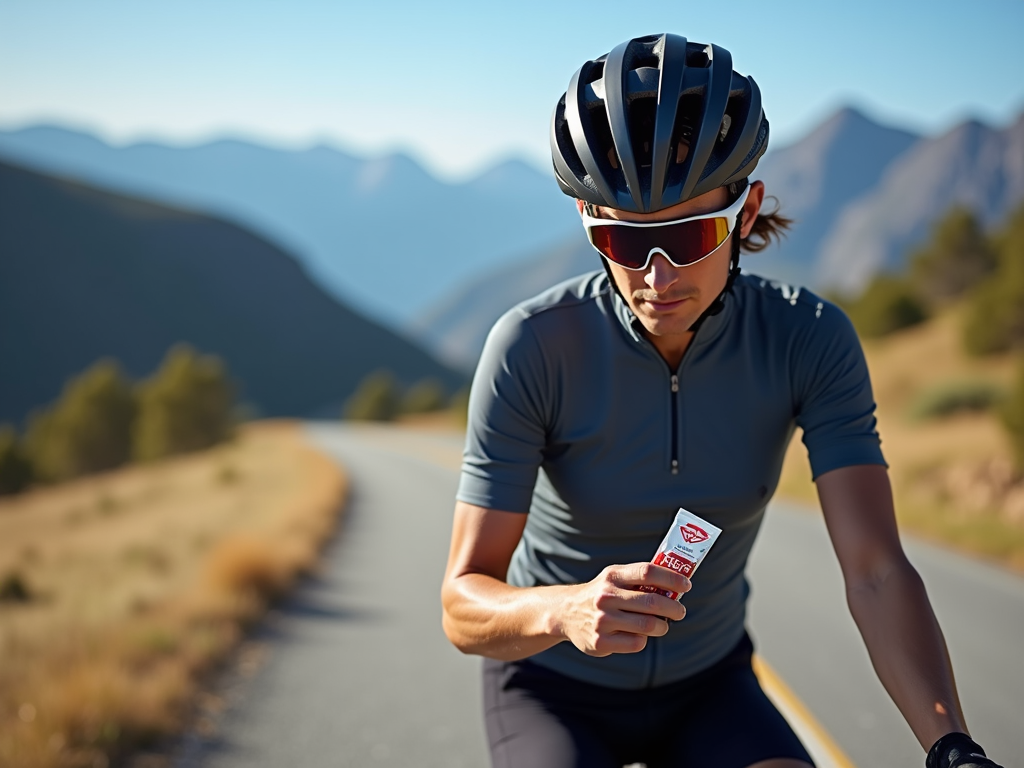
Recovering Right
After you finish, your body’s ready to rebuild. Eat a snack or meal with carbs and protein within an hour. A smoothie with berries, spinach, and protein powder is quick and tasty. It helps your muscles heal and gets you ready for tomorrow.
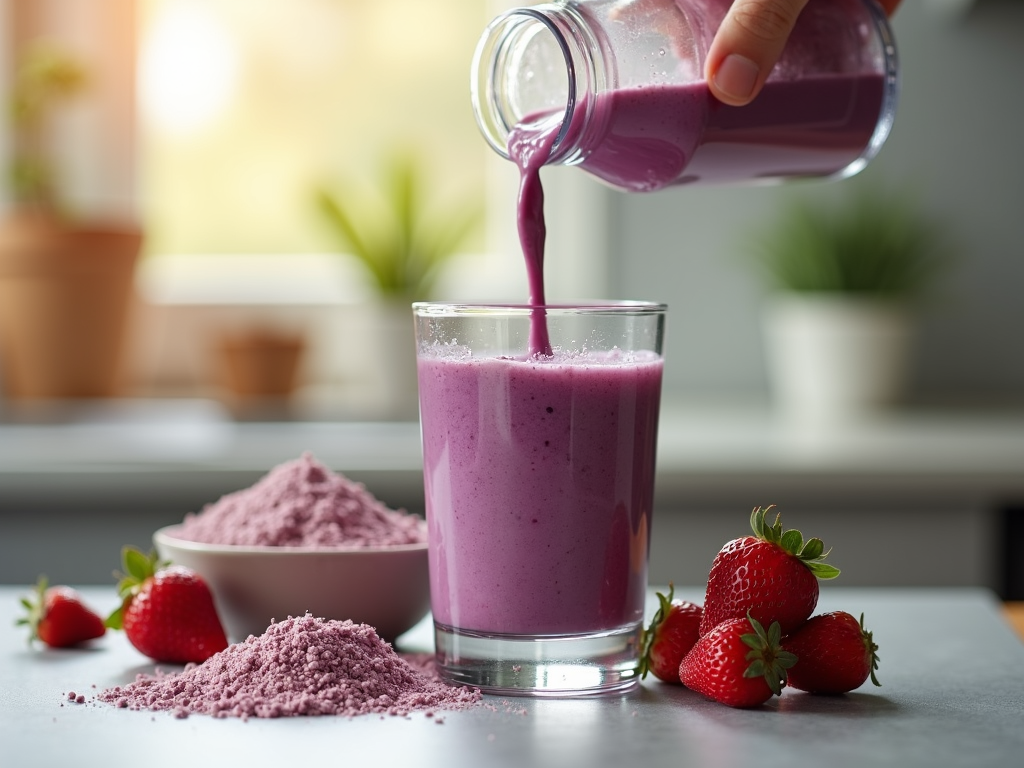
How to Stay Motivated During Fitness Challenges
Long training can wear you out mentally. Good nutrition helps here too. Eating balanced meals keeps your energy up, so you don’t feel like quitting. Foods like fish or chia seeds might even lift your mood.
I’ve seen athletes perk up just by tweaking their snacks. Try keeping a little log of what you eat and how you feel—it’s eye-opening! Small wins, like finishing a tough run, feel better with the right fuel.
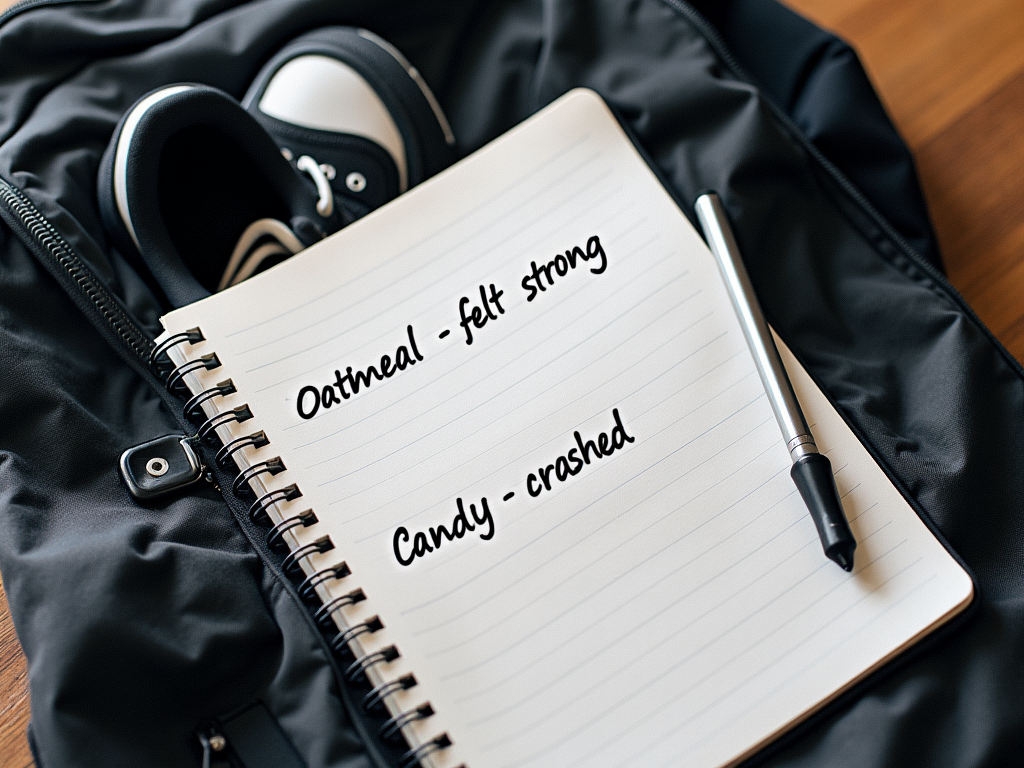
Tips for Summer Fitness Challenges
Summer fitness challenges involving 5K runs mean heat and sweat. Drink more water than usual—add an extra 16 ounces daily. Light foods like watermelon keep you hydrated without feeling heavy. Time your meals so you’re not full when you start running.
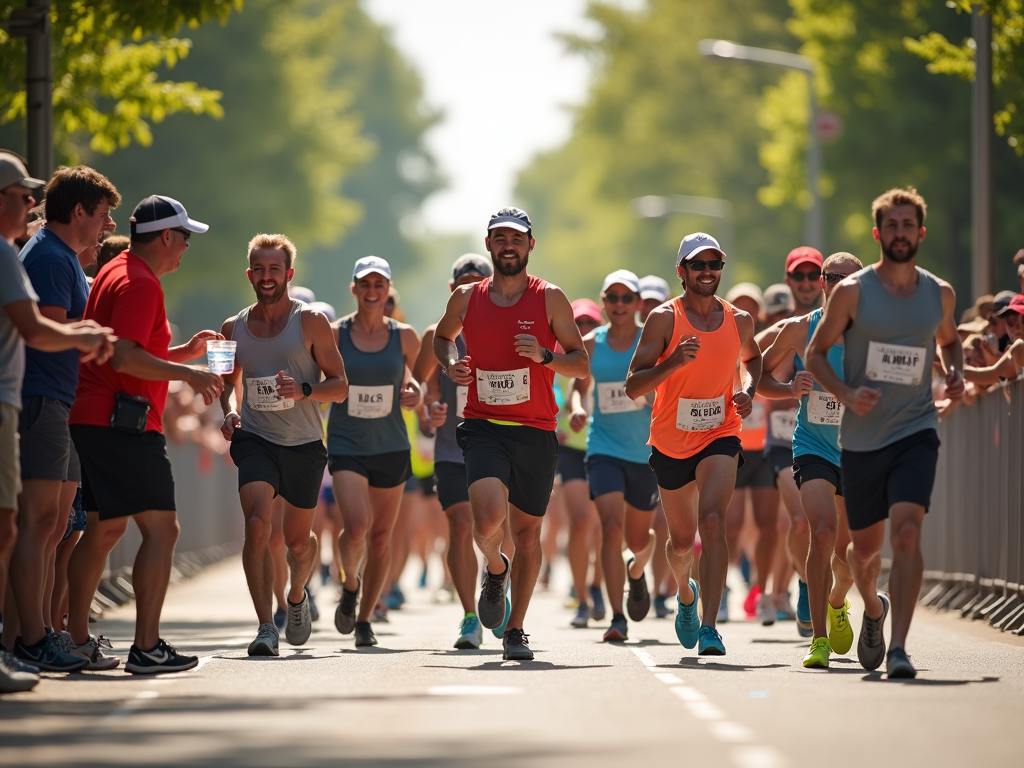
Family Fun Runs and Nutrition
Family fun runs are awesome for getting everyone moving. Make it a team effort with food too. Let kids pick out healthy snacks like carrot sticks or grapes for the event. After, enjoy a picnic with sandwiches and fruit—it’s a win for everyone.
One family I know makes race day special with a big breakfast they cook together. It’s fun, and it teaches kids that eating well goes hand-in-hand with staying active.

Putting It All Together
Great nutrition isn’t complicated—it’s about consistency. Plan your meals, stay hydrated, and listen to your body. Whether you’re hitting a personal best in a 5K race or just enjoying a family fun run, these tips make a difference.
Conclusion
Nutrition powers endurance athletes to reach their goals. With these strategies, you’ll boost your stamina, recover faster, and stay motivated through any challenge. Start today—your next run will thank you!
Discuss Here